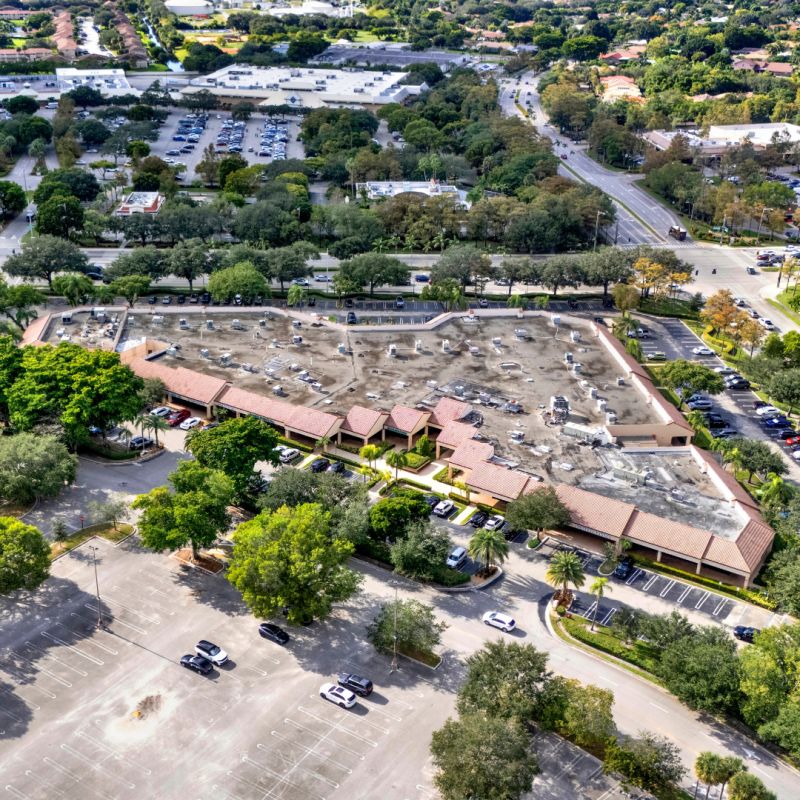T
he real estate market is undergoing a significant transformation as institutional investors increasingly turn to Bitcoin, driven by macroeconomic hedging demands and regulatory clarity. By 2025, the cryptocurrency has surpassed traditional real estate as a store of value, with properties that once cost 22.5 BTC now priced at just 4.85 BTC. This shift has forced institutions to reassess their asset allocation strategies, with 59% of portfolios allocating at least 10% to Bitcoin.
Bitcoin's fixed supply and 24/7 liquidity make it an attractive hedge against inflation and currency devaluation, particularly in a post-pandemic economic landscape marked by volatility. The U.S. government's proposed national digital asset reserve, including Bitcoin, signals a systemic shift toward recognizing crypto as a strategic asset. Meanwhile, the launch of Spot Bitcoin ETFs has unlocked $65 billion in institutional capital, providing a regulated pathway for real estate investors to integrate Bitcoin into their portfolios.
Analysts project Bitcoin could hit $125,000 to $145,000 by September 2025, fueled by the 2024 halving event and global demand for inflation hedges. This has spurred a surge in high-value real estate transactions denominated in Bitcoin, with luxury properties now priced in crypto to leverage its liquidity and global accessibility.
Regulatory frameworks like the U.S. CLARITY Act and the EU's MiCAR have provided the legal infrastructure for institutions to deploy Bitcoin in real estate. Tokenization is a key innovation, enabling fractional ownership and automated property management via smart contracts. Platforms like Open House Group in Japan and Christie's now accept Bitcoin for high-end properties.
Mortgage platforms are also adapting, with Milo originating $65 million in Bitcoin-backed mortgages in 2025, offering 30-year terms collateralized by digital assets. This hybrid model combines Bitcoin's liquidity with real estate's stability, appealing to both risk-averse and speculative investors.
Younger demographics, particularly millennials and Gen Z, are accelerating this trend, with 659 million global crypto users in 2025 driving demand for crypto-accepting properties. Stablecoins further facilitate these transactions, as seen in a €1.2 million Cyprus home deal that saved €44,000 in fees by using crypto.
Institutional confidence is also bolstered by macroeconomic trends, including the Trump administration's directive allowing crypto as mortgage-eligible assets and a $9.485 million investment in Wrapped Bitcoin (WBTC) by a smart money entity. The integration of Bitcoin into high-value real estate is no longer speculative – it's a structural shift. As institutions allocate capital to Bitcoin-backed mortgages, tokenized properties, and ETFs, the lines between digital and traditional finance blur.















